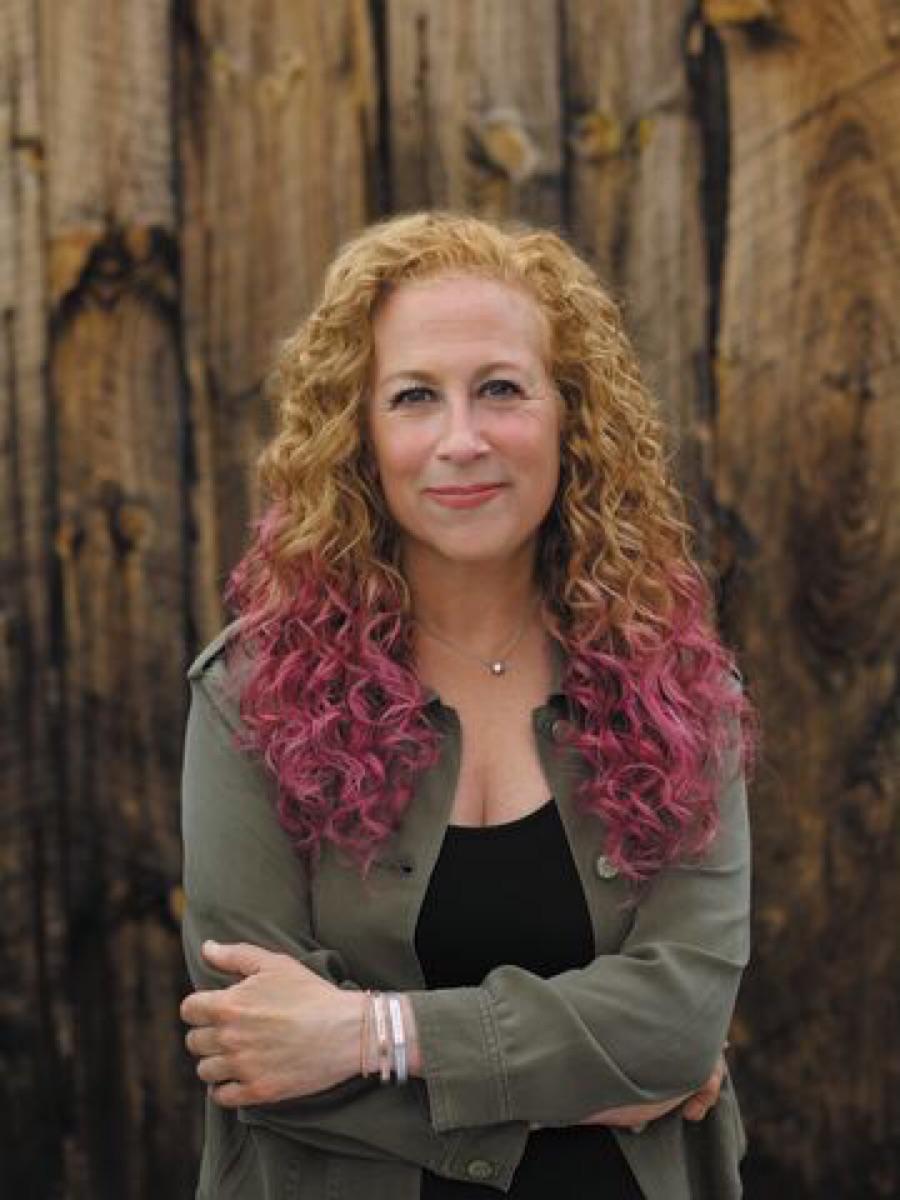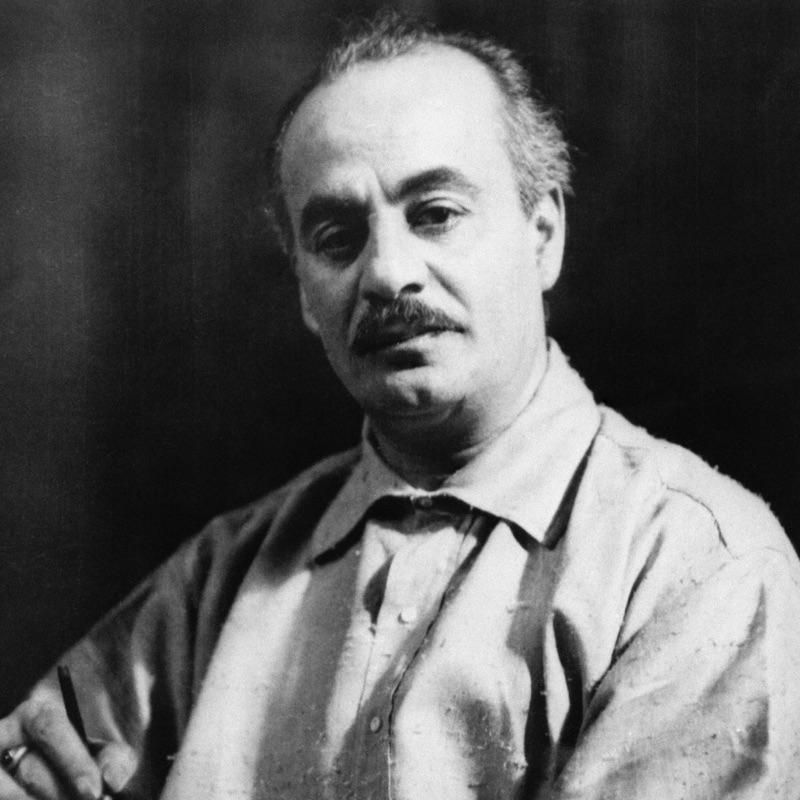How Anxiety Gets Out of Control
Curated from: psychologytoday.com
Ideas, facts & insights covering these topics:
14 ideas
·2.43K reads
17
Explore the World's Best Ideas
Join today and uncover 100+ curated journeys from 50+ topics. Unlock access to our mobile app with extensive features.
The First Type of Anxiety
The first type of anxiety is the initial experience of anxiety, such as heart palpitations and anxious feelings. These are uncomfortable, but completely innocuous. That’s right—there is nothing problematic, dangerous, or harmful in any way with having some anxious thoughts, feelings, or sensations. In fact, the physical sensations associated with this form of anxiety are meant to be unpleasant, in order to keep us alert and aware.
26
389 reads
The Second Type Of Anxiety
The second type of anxiety involves how people respond to the first. Some of us catastrophize and think the worst. Others get caught in a pattern of judgment and self-criticism. It’s this second form of anxiety that gets people into trouble.
When we perceive our initial (unpleasant but harmless) physical sensations of anxiety as a reason for concern, our apprehension triggers adrenaline to release into the bloodstream. This causes our anxiety to cascade further, which typically begets more catastrophizing and self-criticism. A vicious cycle results, and, voila—anxiety gets out of control.
27
313 reads
The Paradox: Made To Be Anxious And Trying To Unmake That
The critical factor that begets and perpetuates this cycle is seeing anxiety as something we shouldn’t have. Our need to get rid of anxiety increases our symptoms. For some, it’s more like an avalanche than a hurricane, as the initial shock of recognition shakes loose layers of mental and emotional debris until the person fears being suffocated.
The above raises a question: If the initial experience of anxiety isn’t inherently dangerous, but merely uncomfortable, why does it make us so afraid?
27
239 reads
The Desire for Control
The most compelling explanation for this paradox is that our culture is obsessed with control. Today, we have predictions for everything, from financial markets, political elections, and flu epidemics to professional sports outcomes and the weather. And despite the fact that such predictions are notoriously incorrect—often by a wide margin—we scrutinize them as the soothsayers of ancient Rome once examined the entrails of sacrificial animals.
28
199 reads
The Medicalization Of Normal Mood States
What was once considered standard levels of stress in decades past is a reason for a Xanax prescription today. We expect our emotions to be totally even-keeled—we want to feel equanimity and peace and happiness all the time. As a result, we cannot handle the discomfort or perceived danger of feeling anxious and unmoored. Our inability to accept a full range of normal human emotion (including the first type of anxiety) leads our distress to intensify (the second type of anxiety).
28
173 reads
The Obsession With Security
We do all of this because our culture cannot tolerate uncertainty. We would prefer to predict the future and be completely wrong than to admit we have no clue what’s going to happen!
We are also obsessed with security. In the context of our society’s unparalleled and unprecedented affluence, we have become accustomed to a false sense of safety. When moments of threat penetrate the veil, we are thrust into panic.
26
142 reads
An Irony And A Lesson
Ironically, individuals who live in the third world are at an advantage when it comes to anxiety because they are less likely to expect safety or security. As such, when reality hits, it is simply understood and accepted as a part of life. Perhaps it’s for this reason that anxiety is higher in the United States than in all other nations on earth, and wealthier nations are substantially worse off than those with fewer resources.
What constitutes a crisis for some of us may be everyday life for others.
29
122 reads
The Anxiety Privilege
“I think being in [an] anxious space is a little bit of a privilege,” says Laurie M. Scherer, a clinical psychologist who has worked with patients with anxiety. “I don’t mean to belittle [the] experience or [the] feeling, but I think [the] anxiety we’re [sometimes] feeling — maybe for the first time, for some of us who haven’t had to feel this in other aspects of our lives, financially or socially, or because of the color of our skin or our gender identity — I think we’re getting a taste of what it feels like to be marginalized in a different way, to be at threat in a different way.”
26
126 reads
Men are not worried by things, but by their ideas about things. When we meet with difficulties, become anxious or troubled, let us not blame others, but rather ourselves, that is, our ideas about things.
EPICTETUS
27
191 reads
Anxiety’s like a rocking chair. It gives you something to do, but it doesn’t get you very far.
JODI PICOULT
25
188 reads
The source of anxiety lies in the future. If you can keep the future out of mind, you can forget your worries.
MILAN KUNDERA
10
86 reads
Our anxiety does not come from thinking about the future, but from wanting to control it.
KHALIL GIBRAN
12
97 reads
IDEAS CURATED BY
CURATOR'S NOTE
The curious relationship between anxiety and control and the different anxiety footing (and shoes) of those who seek to always have control and those who never had it.
“
Xarikleia 's ideas are part of this journey:
Learn more about psychology with this collection
Improving sleep through mindful breathing exercises
Practicing stress reduction and relaxation techniques
Establishing a relaxing bedtime routine
Related collections
Similar ideas
Read & Learn
20x Faster
without
deepstash
with
deepstash
with
deepstash
Personalized microlearning
—
100+ Learning Journeys
—
Access to 200,000+ ideas
—
Access to the mobile app
—
Unlimited idea saving
—
—
Unlimited history
—
—
Unlimited listening to ideas
—
—
Downloading & offline access
—
—
Supercharge your mind with one idea per day
Enter your email and spend 1 minute every day to learn something new.
I agree to receive email updates






